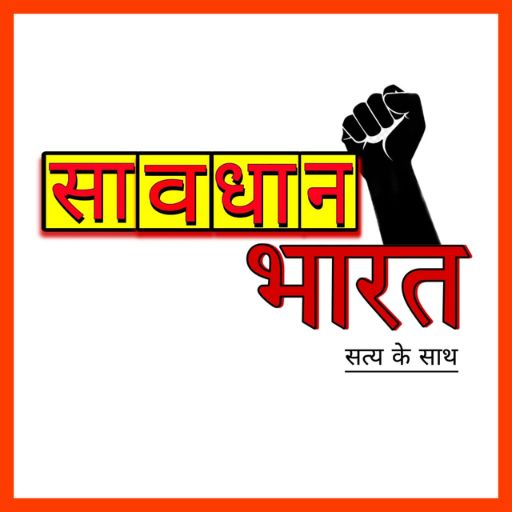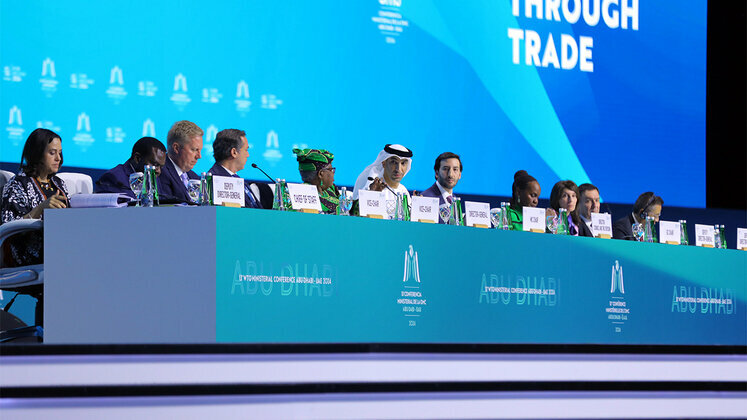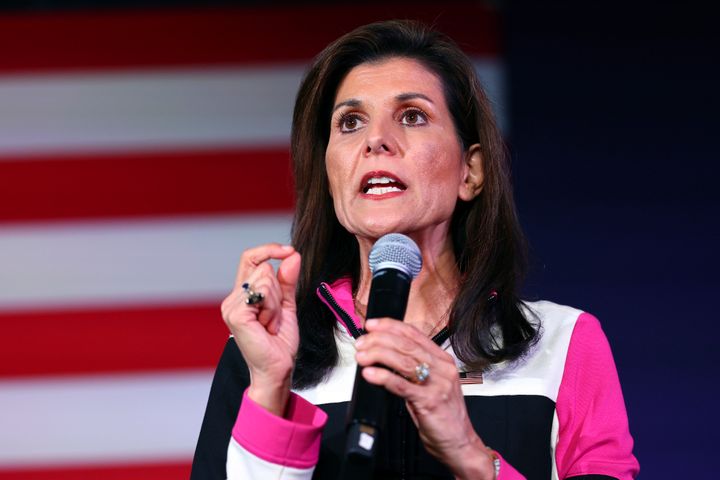Food security: The 13th Ministerial Conference (MC13) of the World Trade Organization (WTO) grapples with the contentious issue of public stockholding for food security. Amidst divergent views and demands from various member states, India’s stance remains resolute, prioritizing the welfare of its vast population. This article delves into the intricacies of India’s position and the broader implications for global trade.
Content:
- The Quest for a Permanent Solution:
- India, alongside 80 countries including the G33 and ACP nations, advocates for a permanent solution to public stockholding for food security.
- The existing peace clause, while providing temporary relief, falls short of addressing long-term concerns.
- India’s Priorities at MC13:
- India asserts that a permanent solution is paramount to prevent the perpetual continuation of the peace clause.
- Key demands include expanded exemptions, legal certainty for public procurement, and alleviating compliance burdens.
- Challenges and Controversies:
- Developed nations perceive public stockholding as distorting fair trade, citing concerns over subsidies and market distortions.
- India defends its procurement system as essential for supporting millions of impoverished citizens and safeguarding small-scale farmers.
- Historical Context and WTO Engagements:
- The Bali Ministerial (MC9) laid the groundwork for negotiations on a permanent solution, yet subsequent conferences failed to yield tangible results.
- India’s steadfast stance, initiated during Nirmala Sitharaman’s tenure, underscores its unwavering commitment to food security.
- The Way Forward:
- India insists on elevating the interim arrangement to a permanent clause within the Agreement on Agriculture (AoA) before addressing other agricultural issues.
- Commerce Minister Piyush Goyal reiterates India’s stance, emphasizing the imperative of achieving Sustainable Development Goal of Zero Hunger by 2030.
- WTO’s Pivot towards Services Trade:
- In parallel, WTO adopts new rules facilitating trade in services, overcoming initial opposition from India.
- The Services Domestic Regulations (SDR) framework aims to streamline recognition of professional qualifications across borders, benefitting sectors like healthcare and IT.
Conclusion: India’s stance at MC13 reflects its unwavering commitment to ensuring food security for its populace, especially the vulnerable segments. While consensus remains elusive, India’s resolute advocacy for a permanent solution underscores the critical intersection of trade policies and human welfare. As negotiations continue, the global community awaits a breakthrough that reconciles divergent interests and paves the way for a more equitable trading regime.
Food security:
Read here: Nikki Haley Acknowledges GOP Shift Towards Trump: What It Means for the Republican Party



